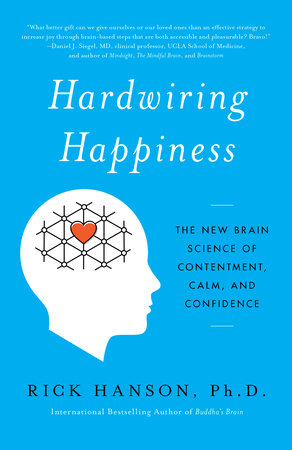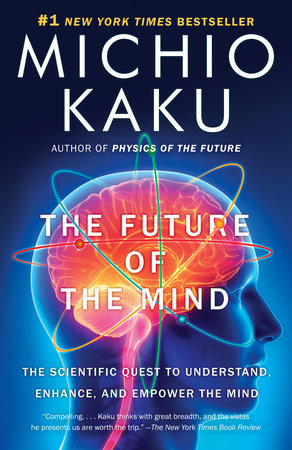ARTICLE
Is Hypnosis Real? And 16 Other Questions, Answered
Hypnosis is a genuine psychological therapy process. It’s often misunderstood and not widely used. However, medical research continues to clarify how and when hypnosis can be used as a therapy tool.











